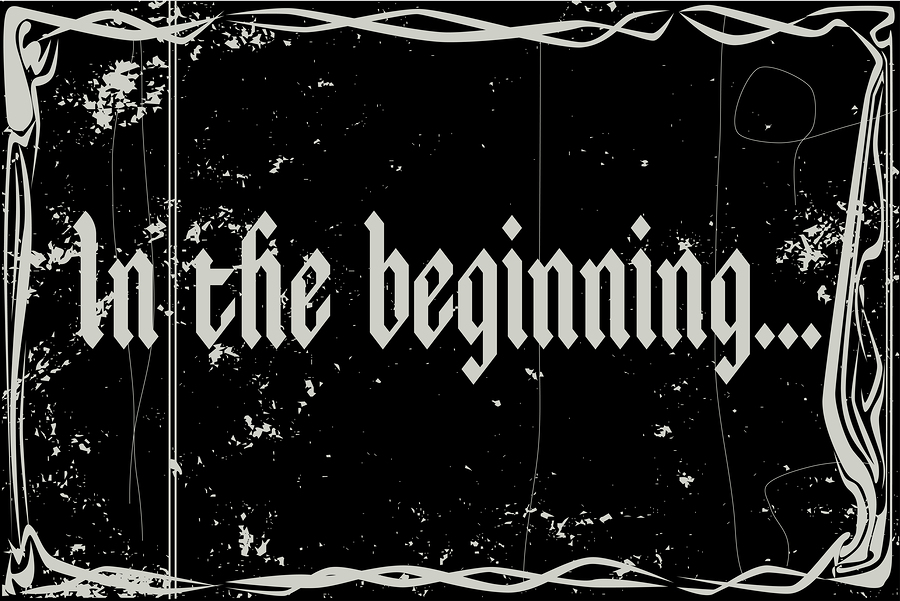Although I represent many works of quality fiction, I also look for the very special nonfiction project. As you prepare your proposal, here is a four-point checklist that might help determine if yours could work for an agent:
A Great Title
Lots of nonfiction is geared to impulse buyers. If you can convince a shopper to pick your book up from a spin rack or click and place in a virtual cart, based on a super title, everyone wins. A snappy title stating a felt need and book’s purpose quickly will do the job. Do you think you can find a market for books titled, “Save Money Now,” or “Live Happy Now,” today?
Broad but not too broad
A “marriage” book doesn’t say much. And any book on a topic that broad faces so much competition by superstar authors that we’d have a hard time making an impact for you – unless you are also already a superstar author. Otherwise, narrow your topic, perhaps to something such as, “Marriage Survival when Your Kids Rebel” or “Great Stages, Great Marriages” (about marriage at each stage of life). Work to find that sweet spot of broad enough but not so narrow that only a few people will read your work.
New and Improved
The topic doesn’t have to be new, and it probably isn’t, but what you say and how you say it has to be fresh. The way you present your idea must make readers have an “Aha!” moment, or many of those moments. So when you write your book, research what has already been written on your topic and think of a new approach that resonates.
Knowing
There must be some reason why people are coming to you for this information, and you must be prepared to back up your information with facts and numbers. Reasons can include:
- You’re an authority with an advanced degree.
- You have the experience and/or know-how to write on the topic.
- You have established yourself with a blog and/or some other media.
Allow me to point out that all of these factors can be in place, along with the services of a top agent, but the book might still not land with a publisher. Not every book with resonate with every editor, and most editors need to approach a team for approval before a contract can be awarded. When approaching any book project, give us any and all information that will help your book be distinguished from the other projects competing for attention. My hope for you is that your outcome will be a happy one!
Your turn:
I listed four points. What point(s) did I miss?
Other than the Bible, what is the best nonfiction book you have read lately?



 The Beauty of First Lines
The Beauty of First Lines
I recently read A Warrior’s Faith by Robert Vera about Navy SEAL Ryan Job. It’s an inspiring story that can still bring tears to my eyes.
Jackie; I cried while writing it. Thank you for honoring my friend Ryan!
God Bless,
Robert Vera, Author
A Warrior’s Faith
“Your God is Too Small” by J.B. Phillips, who also did the “New Testament in Modern English” translation. I’m rereading a lot of classics before I recommend them on my science-and-theology website, and this is one of the best to share with an inquiring friend. In 124 pages, Phillips manages to explain 13 misconceptions about who God is and then moves on to explain in clear layman’s language the essential nature of God and why he chose to focus Himself in space and time as Jesus of Nazareth to reconcile lost humans with Himself.
I finished “Good or God” by John Bevere a little while ago, and am still marinating in the lessons. There was so much there that grabbed me, I am going to read through it again soon! It might be one of the only non-fiction books I have found to be so life-changing.
The best non-fiction book I’ve read lately is The Book by SCBWI. It contains almost everything anyone needs to know about writing for kids and getting published in those genres/
Tamela,
As a student of both the Bible and history, I’m reading “The Written Gospel,” edited by Markus Bockmuehl and Donald Hagner, which “comprehensively surveys the origin, production and reception of the canonical gospels in the early church,” and “Paul’s Letter Collection: Tracing the Origins,” by David Trobisch. If pure enjoyment is the criterion, they wouldn’t be among the “best,” but by how much I’m learning and being challenged, they are.
Your four points on the checklist are spot-on, but as for adding one more, some of your previous posts have addressed it: Be fanatical about accuracy of details, quotations, and credits. Reader-discovered slip-ups can tarnish your credibility as well as costing you loyal readers, reviewers, and future book buyers.
Thank you, Tamela, for the detailed list. Your subtitle, “Broad but not too broad” caught my attention as I’m trying to follow this with memoir writing while I take a break from fiction writing (I’m feasting on writing craft books during my sabbatical). Do you have an appetite for memoir that involves redemption and recovery?
My favorite nonfiction read of late is “Writing Success: Your Book from Start to Finish to Publication”. I appreciated how much it covered and the variety of voices contributing to it. I feel like I’ve been at a week of writer’s conferences and workshops now that I’m finished it. It’s got me pumped and ready to revise my fiction manuscripts.
Blessings ~ Wendy
Wendy, thanks for your comments, and for asking a good question. For memoir, I find that the subject needs to be very well known, and/or the topic needs to be compelling. In other words, tell me why I should read this book. Hope that helps!
Yes, Tamela, that helps a lot. You’ve given me a target to hit when it comes time to do research for a proposal. I need to aim for relevance and specific outcomes. And I’m already focusing on making my story draw the intended audience in (fiction writing alongside has aided this). Thank you. 🙂
Thank you for adding this post. It gives me the opportunity to ask a question. I written for numerous devotional guides and I’ve never had to worry about getting approval for quoting from NIV, NRSV, NKJV, etc since the publisher already did that.
How does a publisher or individual get approval to quote from various Bible versions for a book?
As far as my favorite, most recent, non-fiction read, I’d have to say Believe. It covers the 10 key beliefs, practices and virtues of Christian faith. And it’s by my pastor Randy Frazee.
Christine, each modern Bible version has its own limitations for use. Research that translation’s website or publisher’s website for their limitation.
One example is this site for the NIV: http://www.harpercollinschristian.com/permissions/
Wonderful points, Tamela.
The last few non-fiction books I’ve read, other than writing how-tos, were The Pursuit of God by A.W. Tozer, Made to Crave by Lysa TerKeurst, Get Lost by Dannah Gresh, Returning to Your First Love by Dr. Tony Evans, and Crazy Love by Francis Chan.
Thanks for visiting this topic! I’ll be revisiting this post often.
Natalie, I love A.W. Tozer! If you like him, try Andrew Murray. They both feed me meat every time.
Just finished “Essentialism: The Disciplined Pursuit of Less” by Greg McKeown.. Super great book that I bought for Kindle but am going to buy hard copy as well so I can go back, re-read and highlight it for a reference book. Definitely one I will keep!
I love all these book recommendations. My “to read” pile has grown!
Thank you for this, Pamela. It is very helpful.